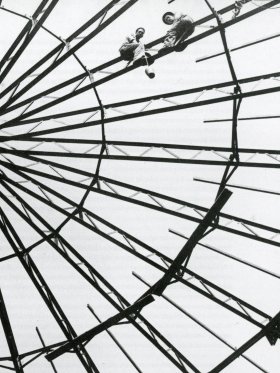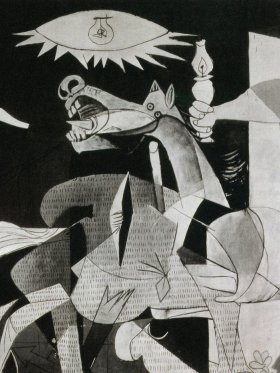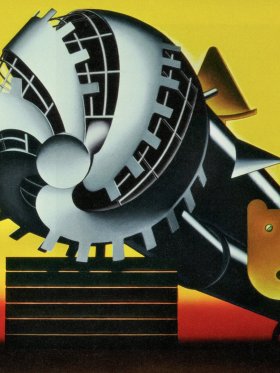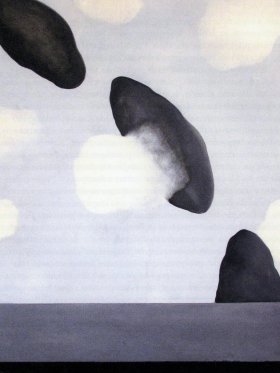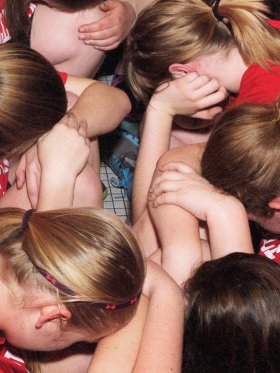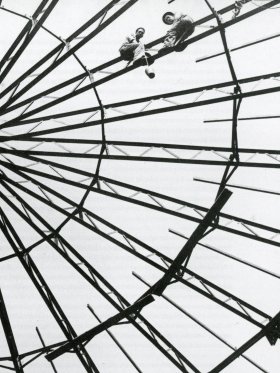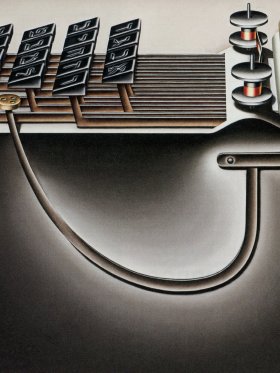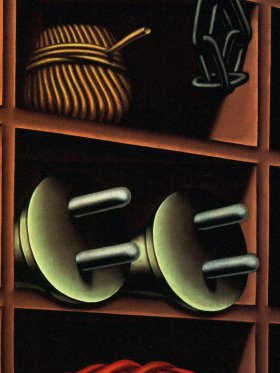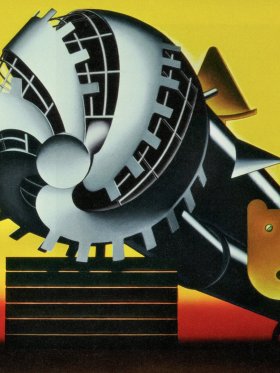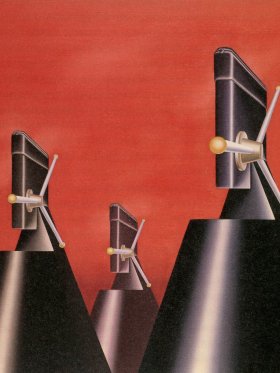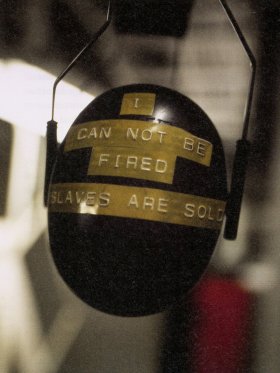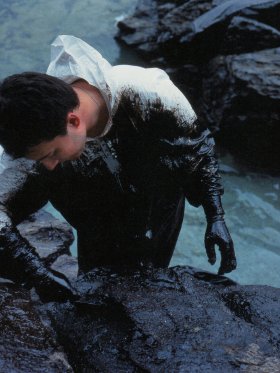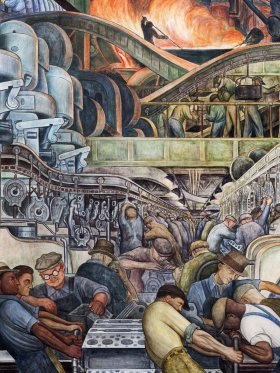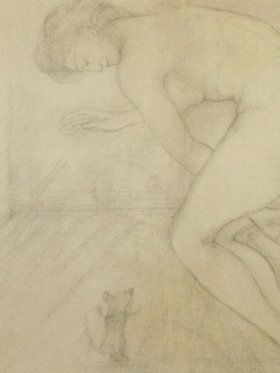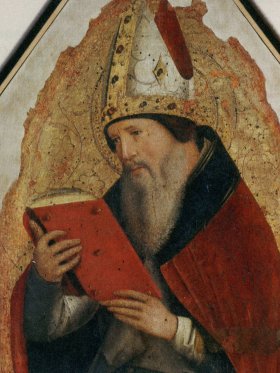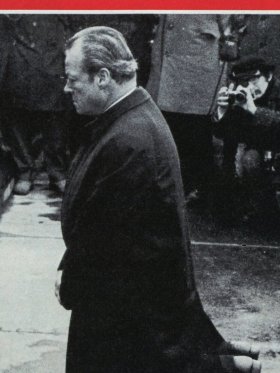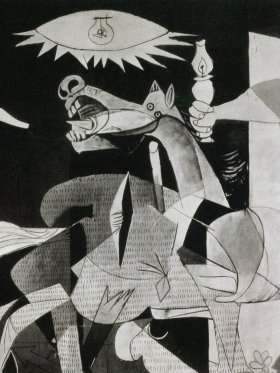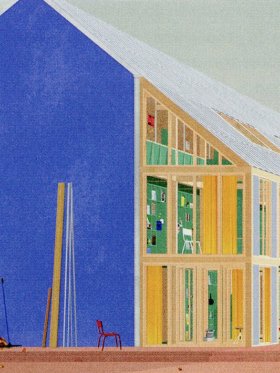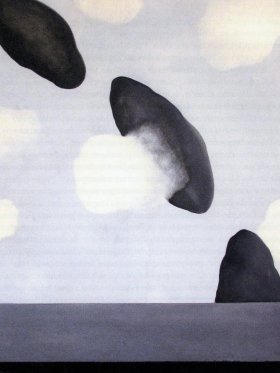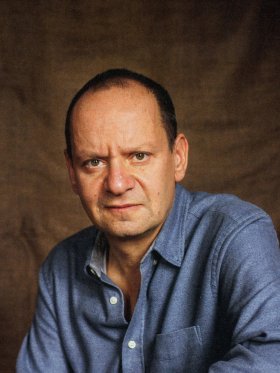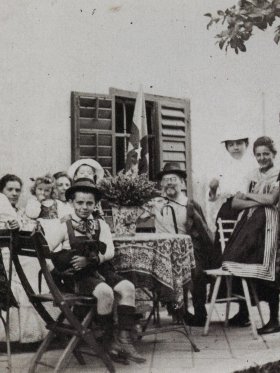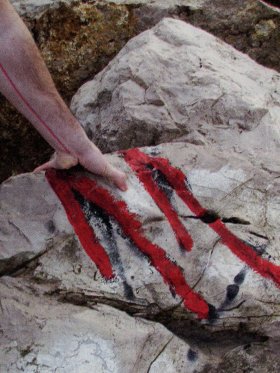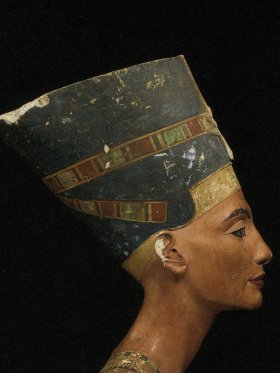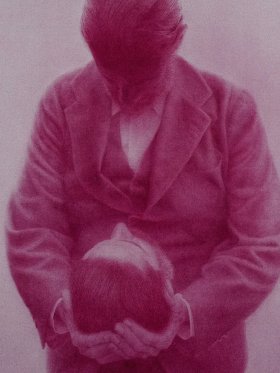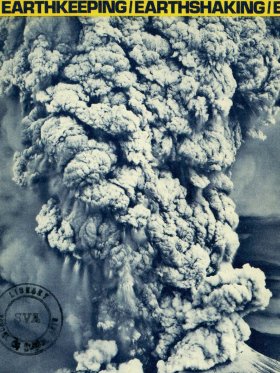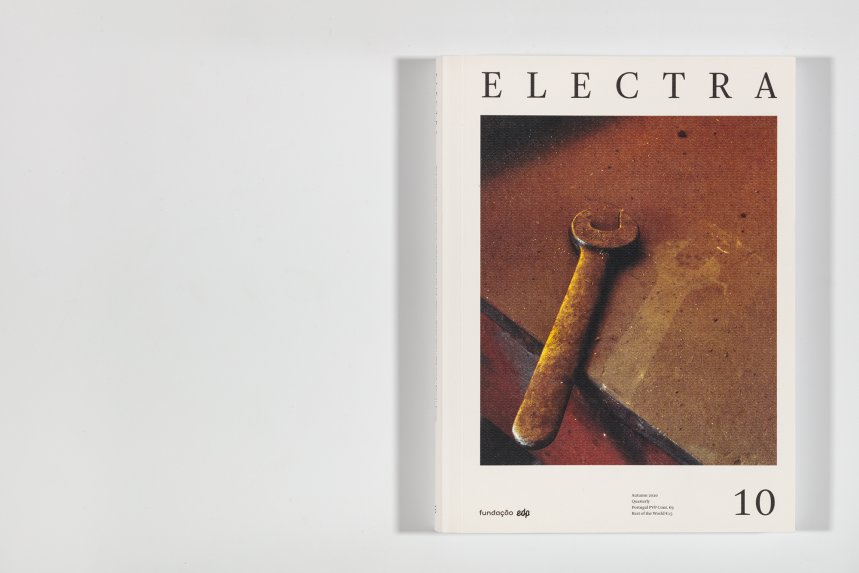
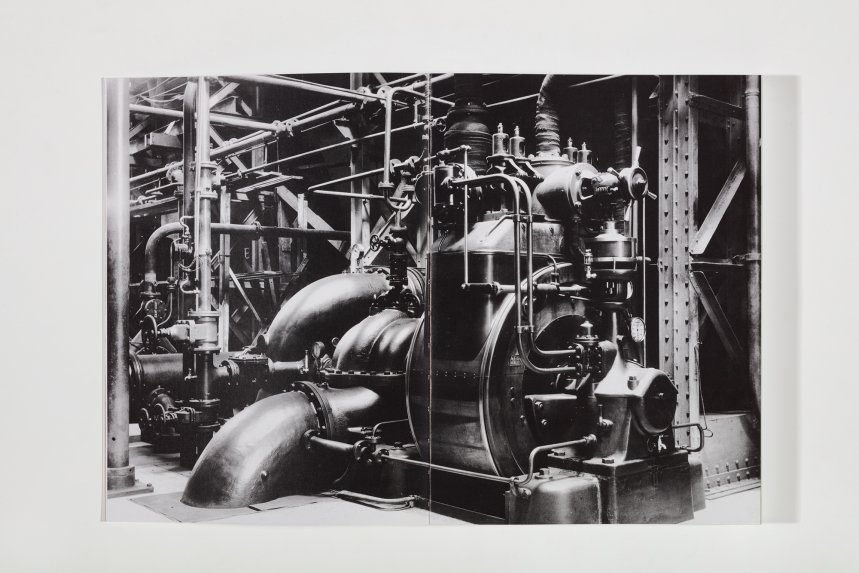
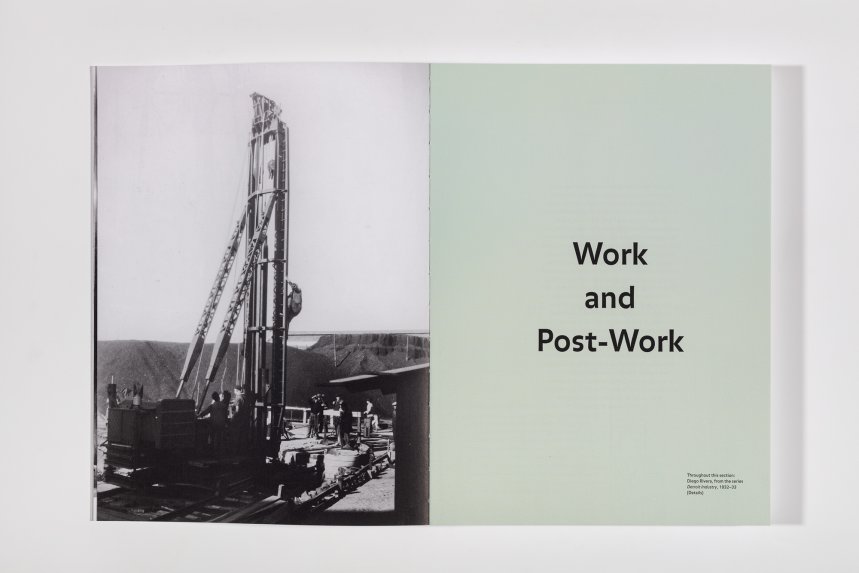
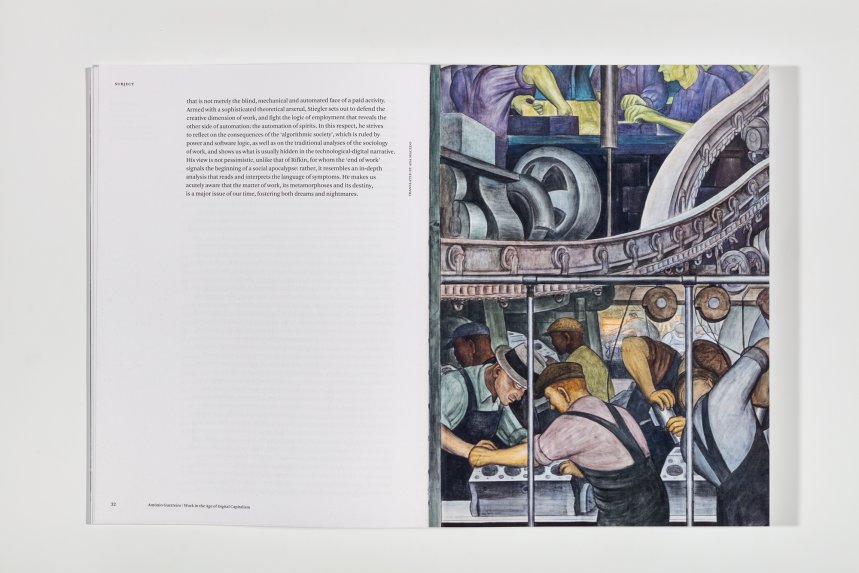
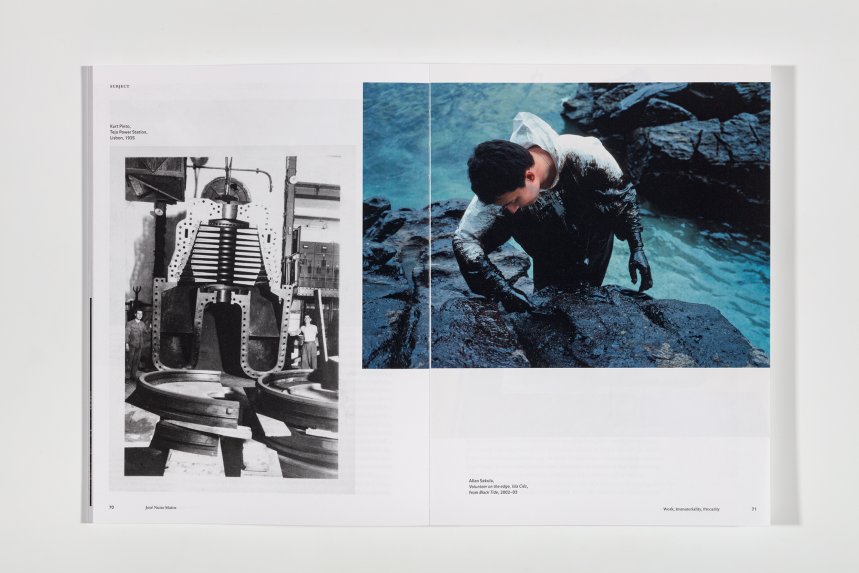
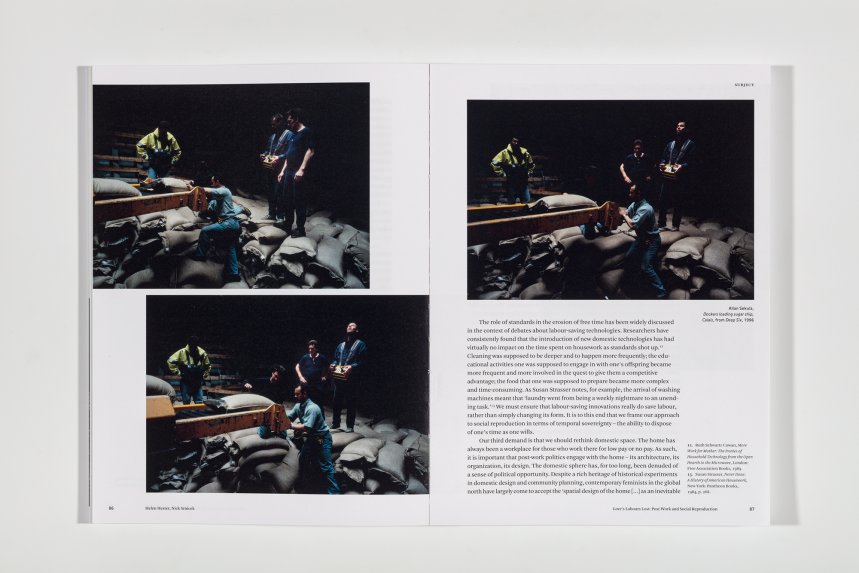
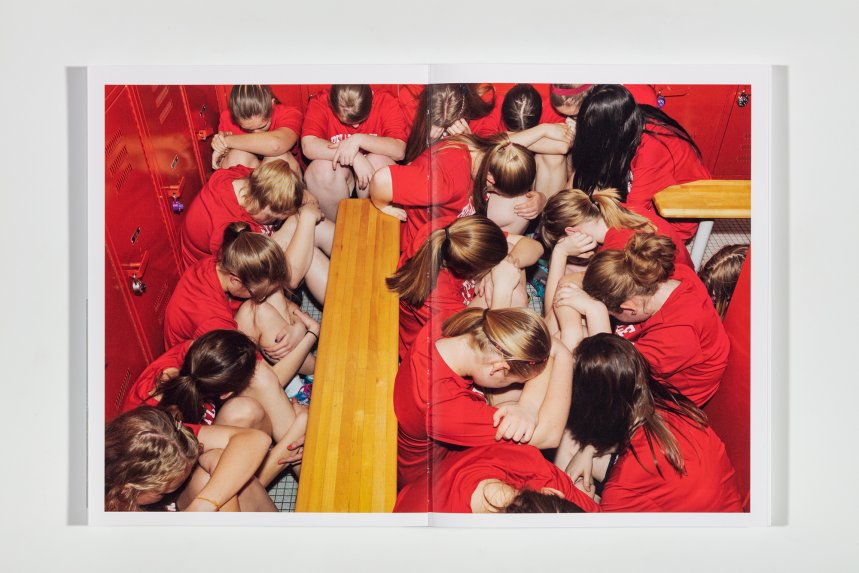
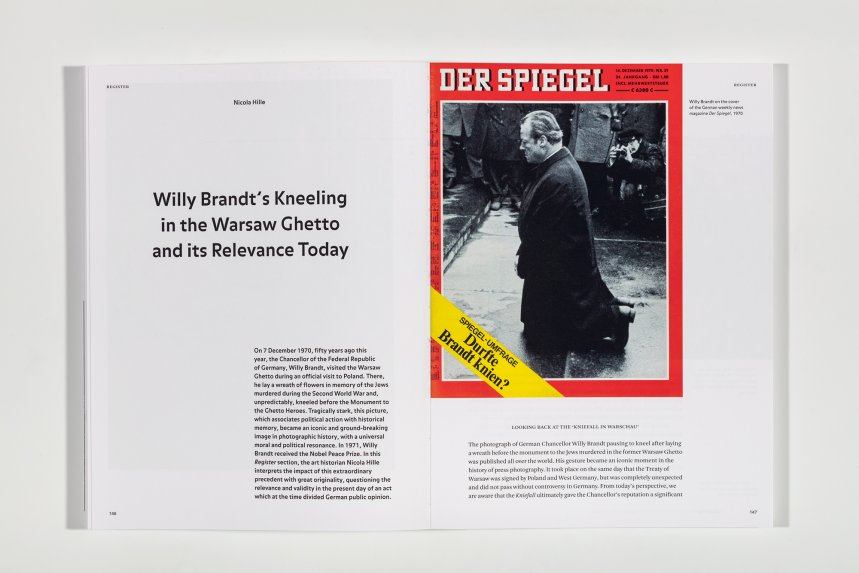
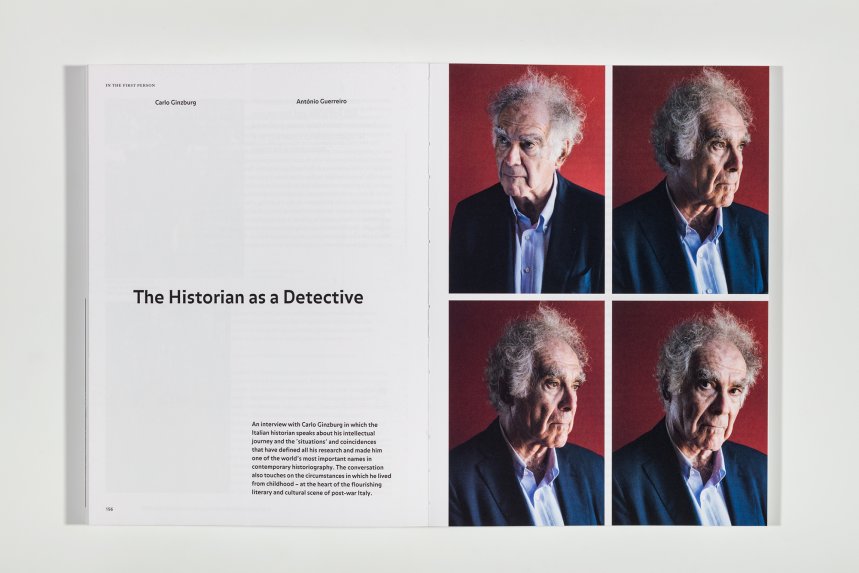
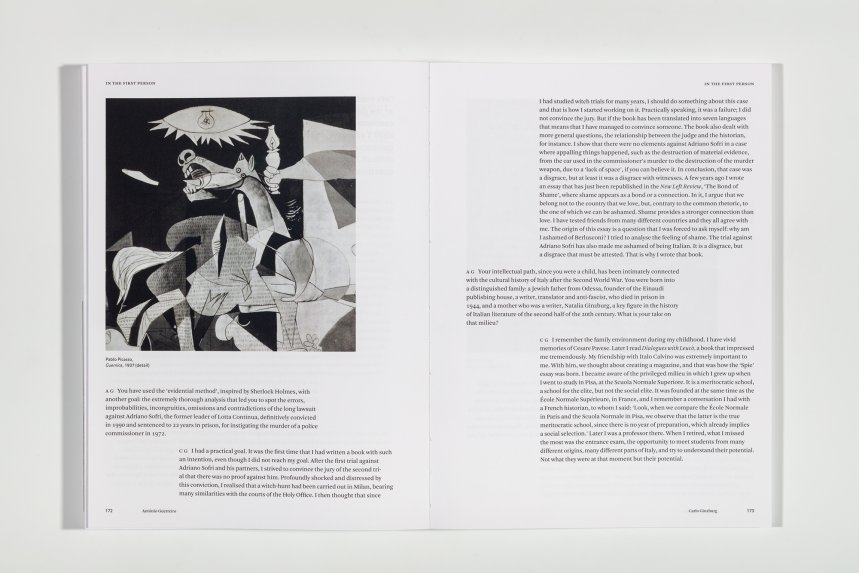
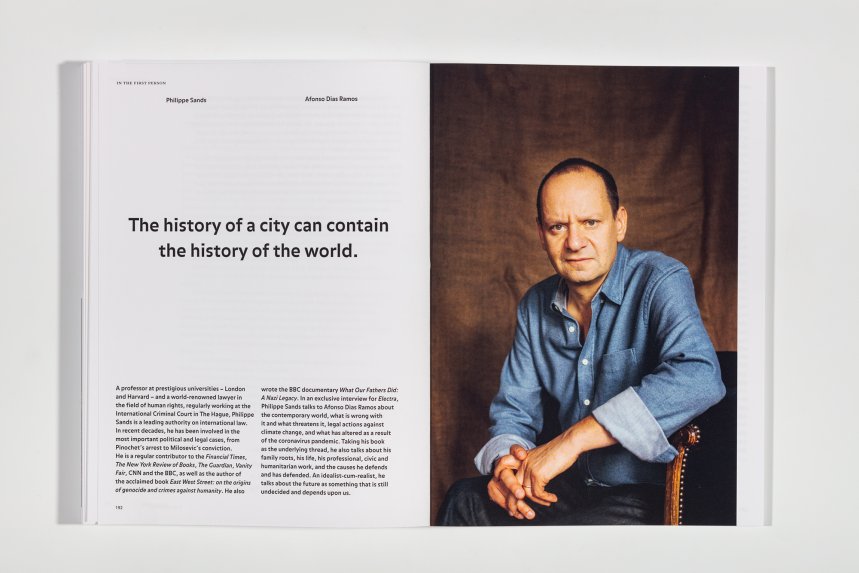
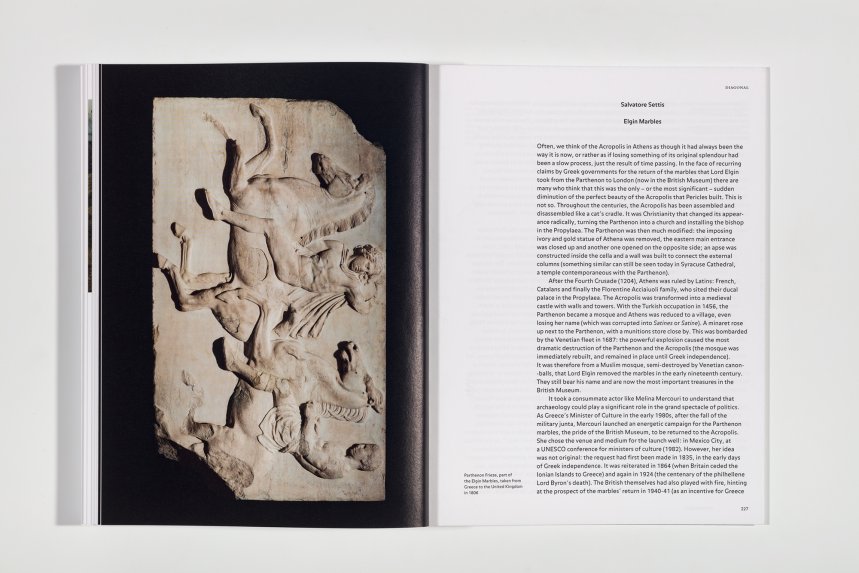
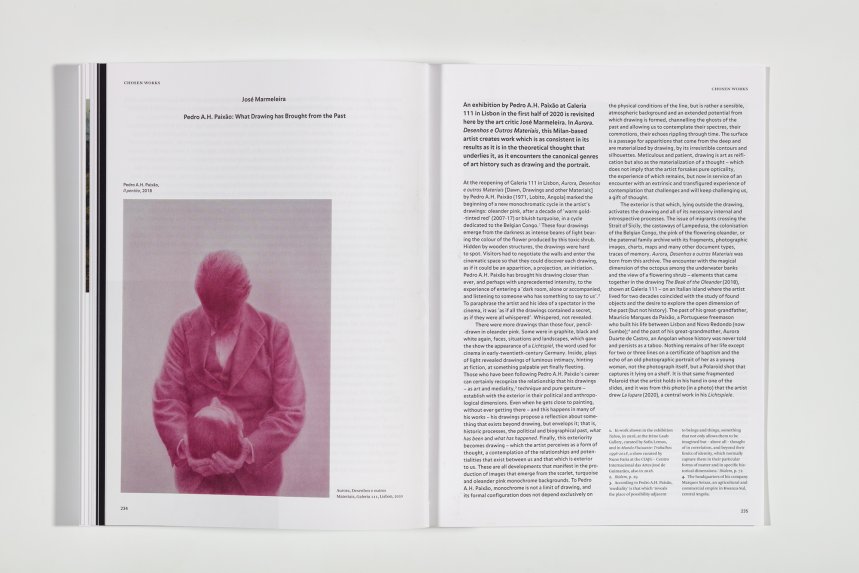
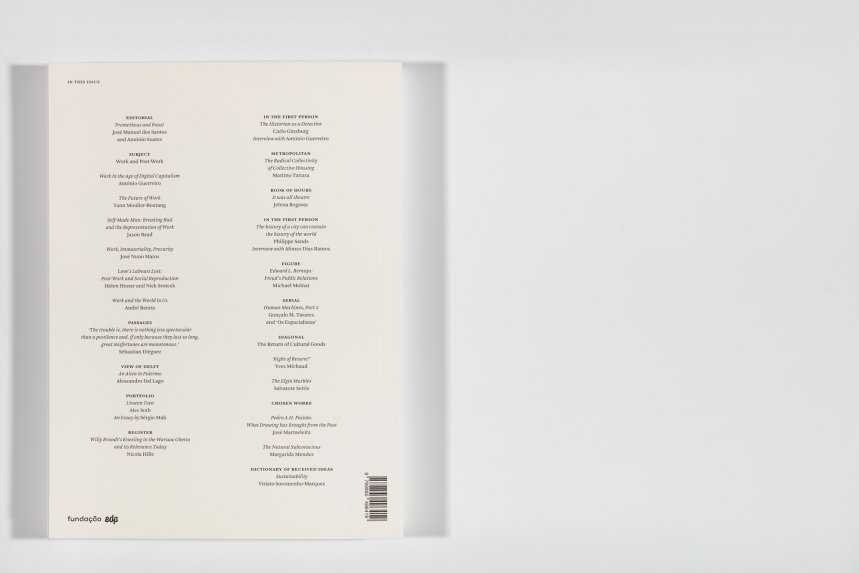
Work, and the future of work, are the topics covered in the dossier of the tenth issue of Electra magazine. Work is a major issue in our time: it is both in short supply and in excess, at a time when artificial intelligence technologies are replacing humans and taking jobs away from them, while workers’ lives are ever more subtracted by the increasing amount of time spent working and by the loss of autonomy. This dossier approaches the subject through very diverse perspectives, and includes contributions by André Barata, Yann Moulier-Boutang, António Guerreiro, Helen Hester, José Nuno Matos, Jason Read and Nick Srnicek.
This edition’s «In the First Person» includes the publication of two interviews: one with Carlo Ginzburg, in which the renowned Italian historian recalls his intellectual trajectory and what made him one of the most important names in contemporary historiography, and one with Philippe Sands, one of the seminal figures in international law, who speaks to us about the contemporary world, its afflictions and threats, the legal actions against climate change and the changes brought about by the Covid-19 pandemic.
Electra 10’s «Portfolio», under the title Unseen Teen, is made up of pictures of the «invisible» youth in the United States by Alec Soth, one of the greatest North American photographers of our time. The photographer and his work are introduced by critic and curator Sérgio Mah.
The «Book of Hours», by Serbian theatre director, playwright, writer and poet Jelena Bogavac, is a diary, written from Belgrade, at a time when the pandemic has taken over everything. Under the section «Register», art historian Nicola Hille interprets the gesture made by former chancellor of the Federal Republic of Germany Willy Brandt, when he visited the Warsaw ghetto, on 7 December 1970, and kneeled and laid a wreath in memory of the Jews murdered during World War II. She discusses the impact of that singular moment, which divided German public opinion at the time, and questions its relevance and validity today.
In this tenth issue of Electra, psychoanalysis historian, researcher and former Freud Museum director Michael Molnar outlines a profile of Edward L. Bernays, known as the «father of public relations», of the manipulation of the masses and the inventor of marketing and modern propaganda; Italian architect Martino Tattara reflects, with an openly radical perspective, on the way in which cities have been responding to the housing crises; neuroscientist Sebastian Dieguez discusses an excerpt from the novel The Plague, by Albert Camus; philosopher and professor Viriato Soromenho-Marques approaches the concept of «sustainability»; sociologist Alessandro Dal Lago, an Italian from the North of Italy who moved to Palermo, paints a portrait of this baroque city, where nonetheless many historical eras overlap; Yves Michaud, philosopher and art critic, and Salvatore Settis, art historian and archaeologist, discuss the question of restitution of art works to their places of origin.
The section «Serial» will include the publication of the second part of the collaboration between writer Gonçalo M. Tavares and the artist-architect collective Os Espacialistas; in the section «Chosen Works», researcher and curator Margarida Mendes writes about the exhibition Earthkeeping / Earthshaking – Art, feminisms and ecology, and art critic José Marmeleira revisits an exhibition by Portuguese artist Pedro A.H. Paixão.
